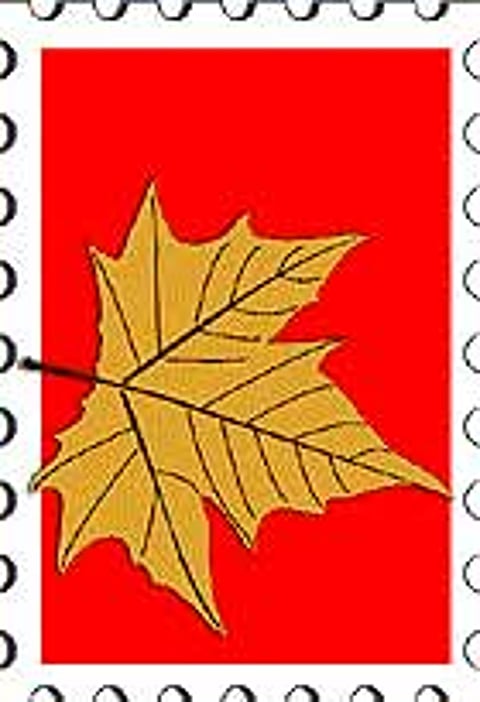Heart Diseased
Kashmir Diary
Srinagar is particularly popular because it is a hub of several beautiful destinations. In total defiance of all logic, militancy has been a contributory factor in boosting tourism.

Dal Lake is a bit of tautology because Dal means lake. Time was when these several square miles of water constituted the central nugget adorning the heart of Srinagar. The shikaras or Kashmiri gondolas were not just a middle-class romantic experience. The ride on the Dal cut across class, rather like visiting the Taj Mahal. It provided photo-ops even to filmstars, politicians and, in one hilarious instance, to the late Sitaram Kesari and actress Asha Parekh, who happened to be on the same boat. This was during a Congress session in the Valley. Stories of Kesari’s joyride on the shikara reached Indira Gandhi. With ample good humour, she asked Kesari to describe the experience. Blushing, the Congress treasurer said: “Athah sundarta!”, which means “limitless beauty”.
That “athah sundarta” of the Dal and the contiguous, prettier Nigeen Lake are things of the past. It would be foolish to pretend that militancy—raging since 1989—has not taken its toll. The wood of the houseboats ringing the lakes has flaked, the shikaras look poorly upholstered, and the sight of the wastes in the Dal is sickening. So is the algae that has covered the lake. Special machines were deployed in the 1980s to clear the algae, but like amoeba, it has only multiplied. The World Bank sanctioned Rs 600 crore for developing tourism infrastructure, which included cleaning of the Dal. Whatever happened to the projects is a matter for investigation.
But Farooq Abdullah, during his stint as chief minister, was able to utilise at least Rs 25 crore from this grant to develop something he was personally involved in—a golf course.
The Exodus Billboard
Sadness settles slowly, not because the Valley looks bleak, but because it is indiscreet to play up a cheerful story. Publishing reports of a torrent of tourists is likely to harm tourism. Why? Because reports of normalcy are an invitation to the residual militancy, which sees life in its body only when conditions are unsettled. Last year, air fares to Srinagar touched Rs 30,000 even though there were 15 flights each day. The Shopian rape case caused a Valley-wide shutdown for 40 days. The 2008 Amarnath land agitation dislocated life for two months. This year has been relatively peaceful and air bookings are already comparable to the 2009 season. There are several reasons for a rush to the hill stations: a combination of the torrid heat in the plains and cash in the pocket of the Indian middle class.
Among hill stations, Srinagar is particularly popular because it is a hub of several beautiful destinations—Manasbal, Dachigam, Pahalgam, Gulmarg and so on. In total defiance of all logic, militancy has been a contributory factor in boosting tourism. How? It resulted not just in the exodus of large numbers of Kashmiri Pandits, but also of Muslim Kashmiris, who opened carpet and shawl outlets in five-star hotels and small curio shops as far away as the Jewish street leading up to the ancient synagogue in Kochi. These traders have canvassed successfully for custom. And now that the Taj Group has decided to open hotels in Srinagar and Gulmarg, the upmarket traveller will also be catered to.
Crawl for a Mall
Management of coalitions is something Omar Abdullah is learning the hard way. As part of an increasing sense of security in the Valley (sorry, I shouldn’t write about it), coffee houses are full of young clients. And though movies are available on DVD, there’s a need for a cinema house. When My Name is Khan opened in Jammu, almost a hundred people from Srinagar travelled to watch it on the opening day. What, you’d be asking, has all this to do with coalition politics? Well, a shopping mall was needed in Srinagar. With a steady clientele clearly in view, the Sangar Mall was built opposite the Sher-e-Kashmir stadium. Omar wanted the mall to be inaugurated on December 9, the birthday of Sheikh Abdullah.
Now the mall comes under the Congress urban development minister Tara Chand. He dug his heels in and said it would only be inaugurated by a Congress leader. Moreover, a similar mall will be opened in Jammu to cater to the Congress vote bank. In this wrangle, the Sangar Mall has been ready for nearly a year but awaits inauguration. Will the PM do the honours during his June visit? And how will the National Conference’s coalition partners react?
Bubbling Kashmiriat
Prof Siddiq Wahid, vice-chancellor of the Islamic University of Science and Technology, gave up his teaching job at Harvard in 2005 to help build the university. His grandfather, Haji Abdul Aziz, gave up his home in Leh at the turn of the last century to take up residence in Lhasa. But the communist takeover of Lhasa caused him to return to Leh, and then to Srinagar in 1957, where he bought land from Pandit Raghunath Mattoo, father-in-law of the late D.P. Dhar (a confidant of Indira Gandhi). Having sold the land, Mattoo had second thoughts. A lengthy litigation followed. Aziz and Pandit Mattoo spent months on opposite sides in court. But in the evenings, they smoked the hukkah together. This was Kashmiriat.
Tags